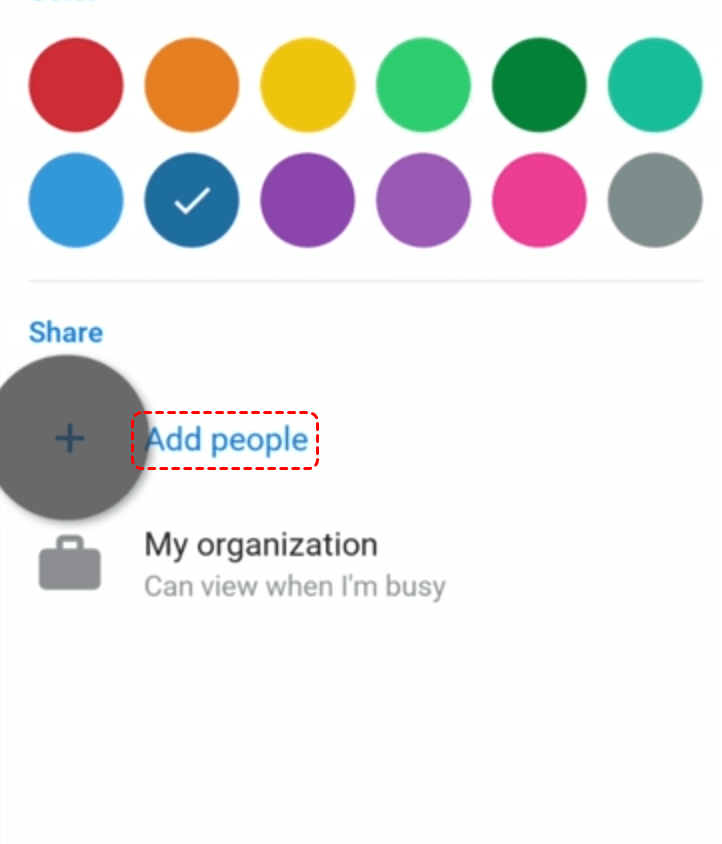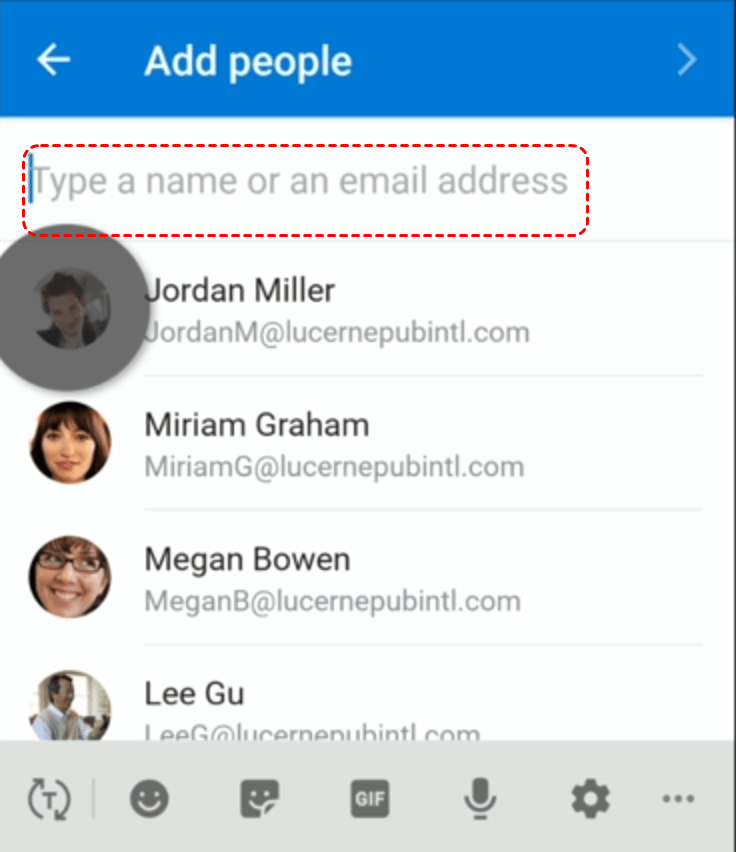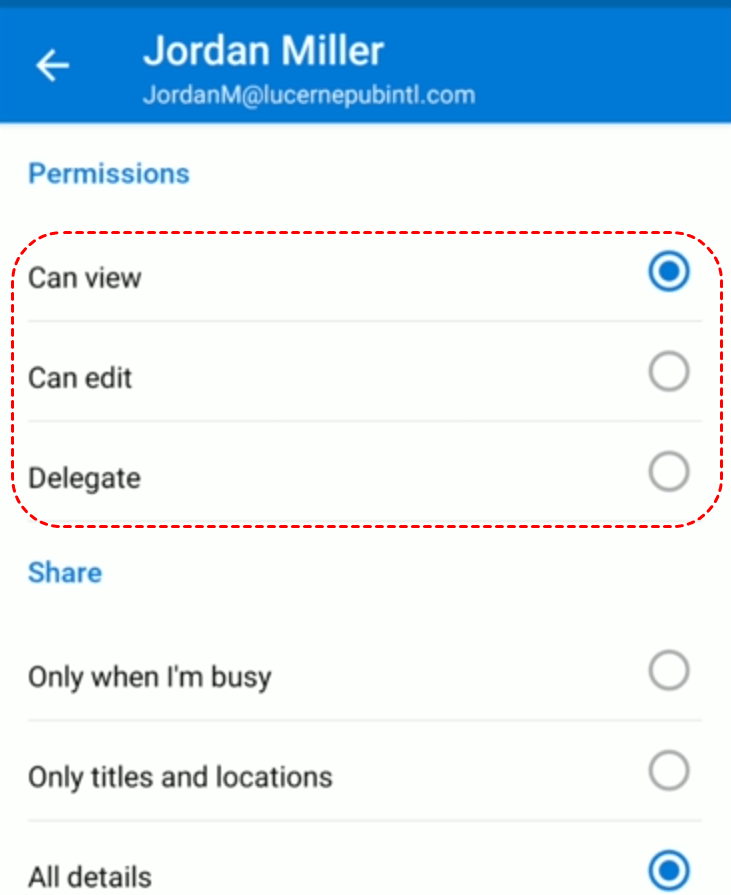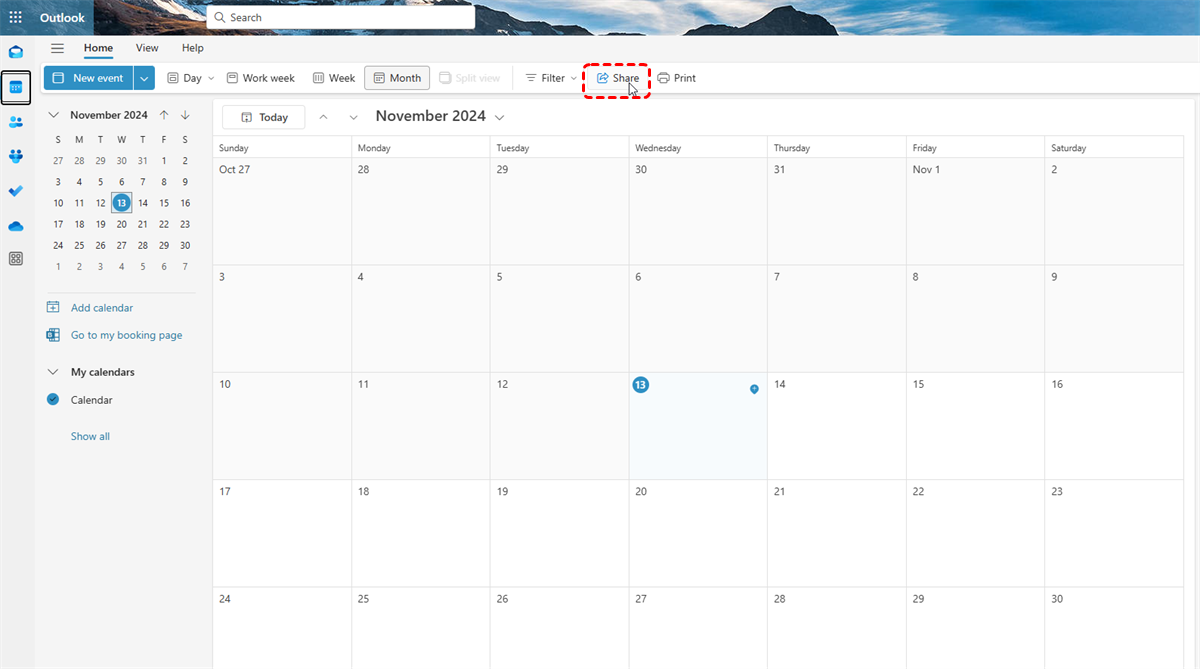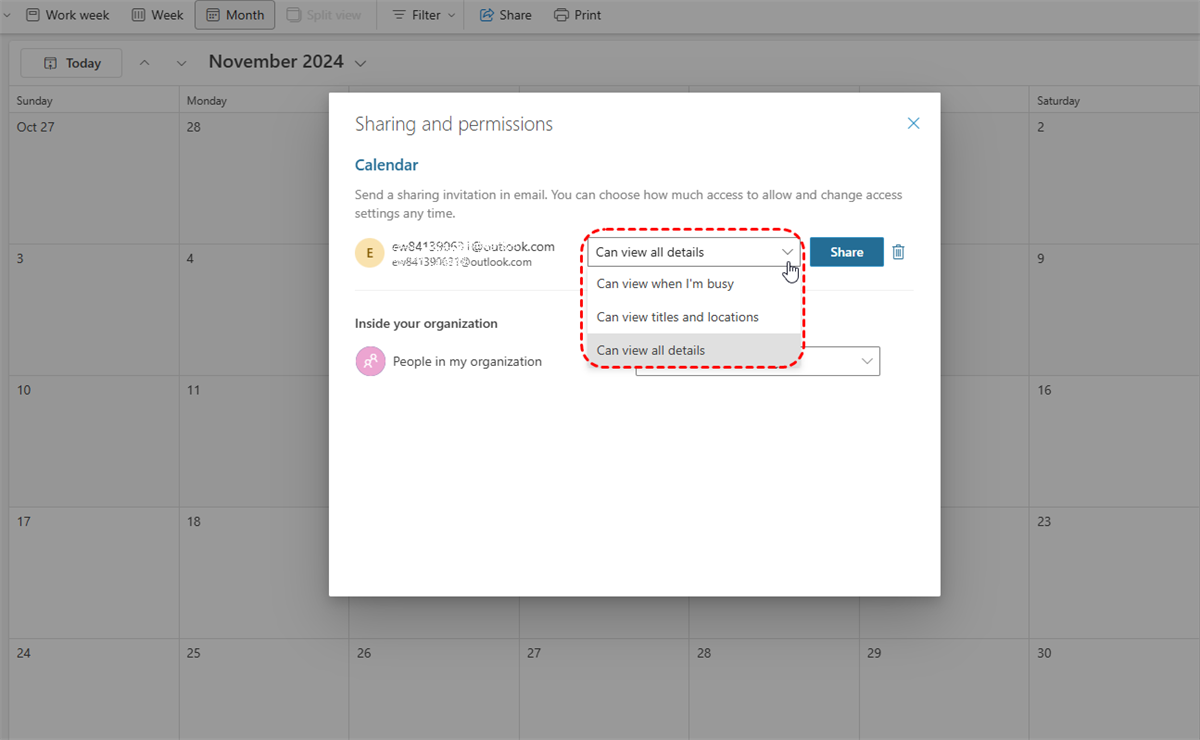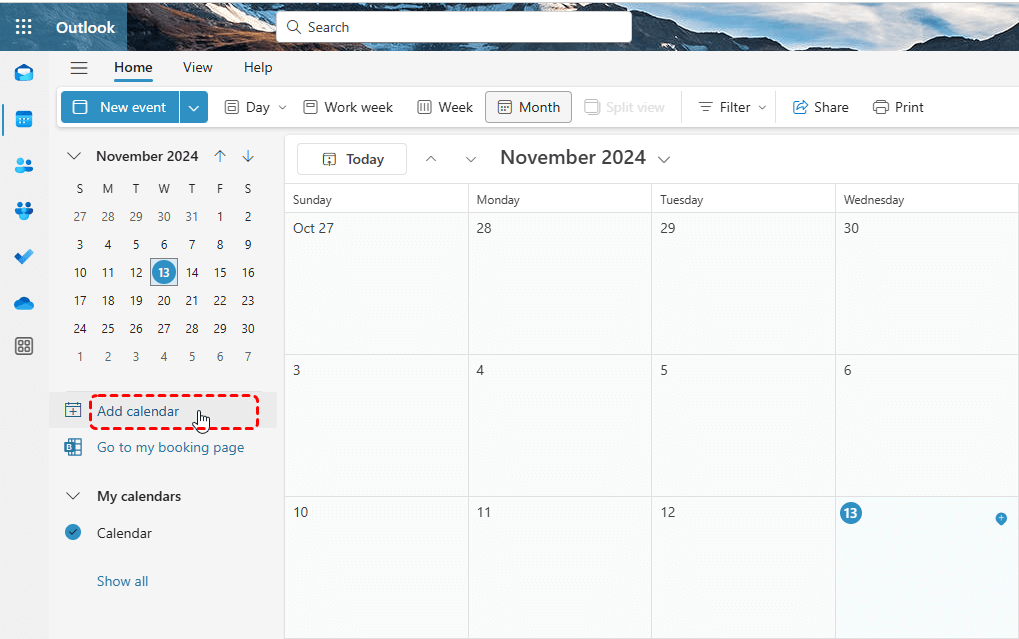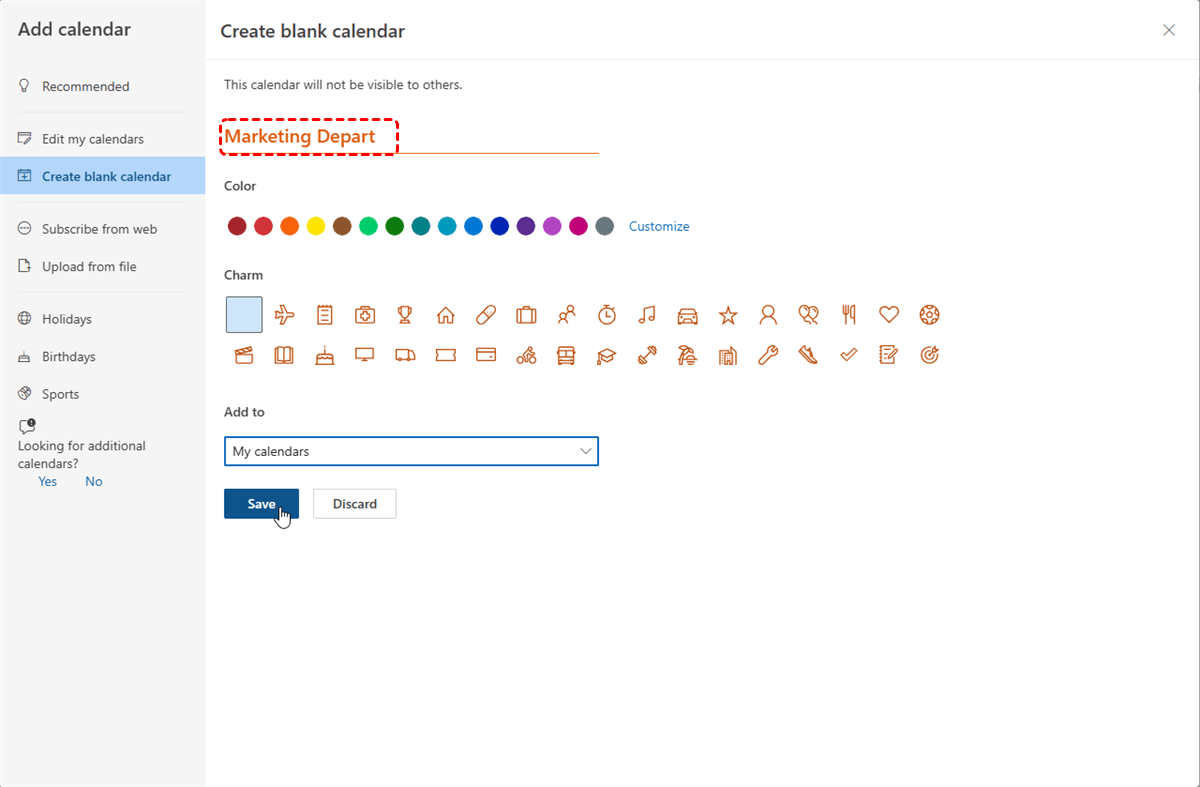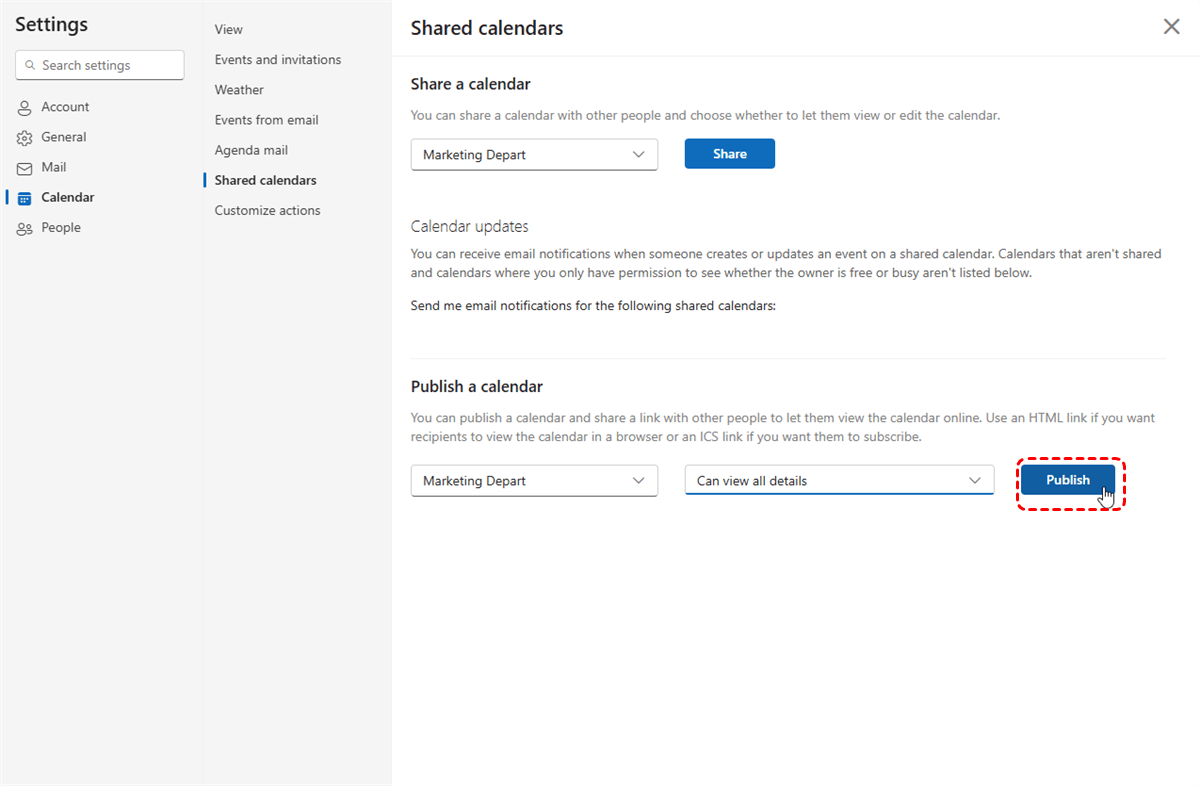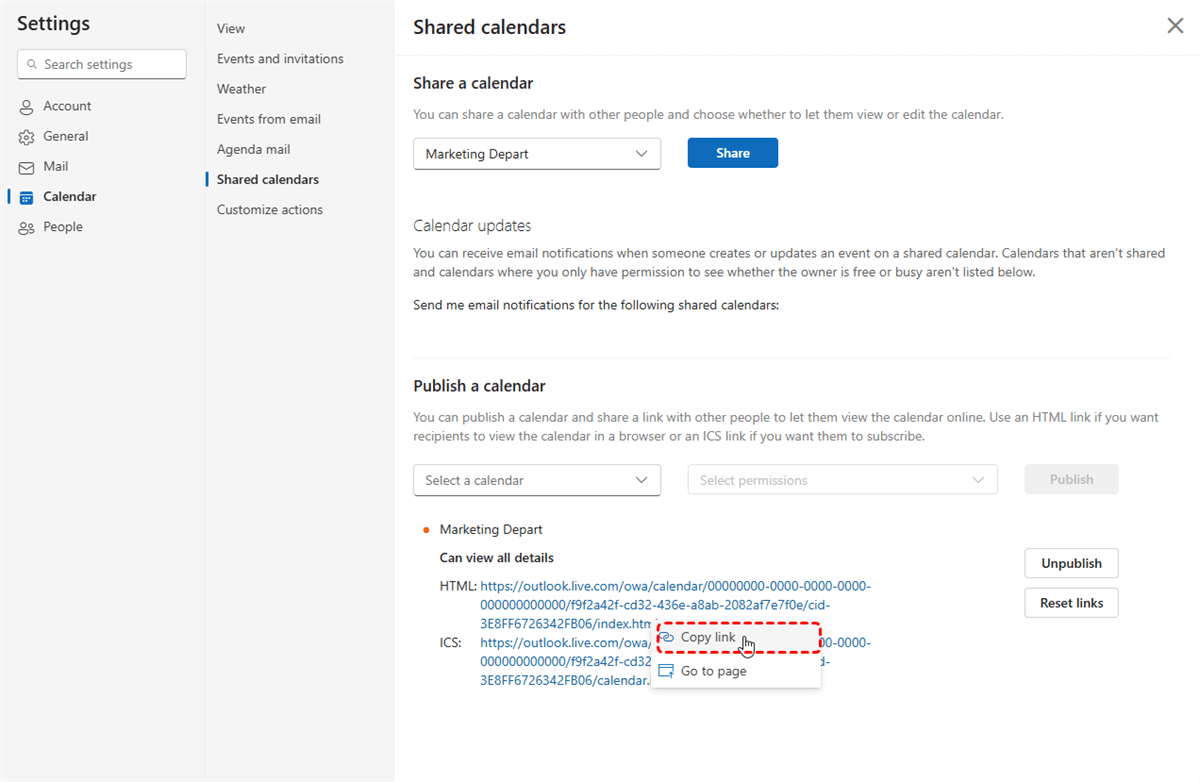Types of Permissions for Outlook Calendars
When sharing your Outlook calendar, you have several permission levels to choose from:
- Reviewer: This permission level allows the recipient to view your calendar but not make any changes. They can see your free/busy time, appointments, and meeting requests, but they cannot create or modify any events.
- Editor: This permission level allows the recipient to view and edit your calendar. They can see your free/busy time, appointments, and meeting requests, and they can also create, modify, and delete events on your calendar.
- Delegate: This permission level grants the recipient the highest level of access to your calendar. They can view, edit, and manage your calendar on your behalf. This includes creating, modifying, and deleting events, accepting or declining meeting requests, and sending meeting invitations on your behalf.
Why Granting Access to Your Calendar Can Be Useful
Granting access to your Outlook calendar can be beneficial in various situations:
- Delegating Tasks: You can delegate tasks to your assistant or team members by granting them editor or delegate permissions. They can view your schedule and schedule tasks or appointments on your behalf.
- Sharing Schedules: You can share your availability with colleagues to schedule meetings or appointments. By granting them reviewer or editor permissions, they can see your free/busy time and propose meeting times that work for both of you.
- Collaborating on Projects: You can collaborate with team members on shared projects by granting them editor or delegate permissions. They can view and edit shared events, add deadlines, and track progress.
- Sharing Family Calendars: You can share your family calendar with family members to coordinate schedules, plan events, and keep track of important dates.
How to Grant Access to Outlook Calendar on Mobile
While the specific steps may vary slightly depending on your mobile device and Outlook app version, the general process involves:
Step 1. Open the Outlook App: Launch the Outlook app on your mobile device.
Step 2. Navigate to Calendar: Tap on the "Calendar" tab.
Step 3. Select the Calendar: Tap on the calendar you want to add people.
Step 4. Add Calendar: Tap on the "Add people" option.
Step 5. Choose Recipients: Select the recipients from the list or search the people you want to grant access to.
Step 6. Select Permission Level: Choose the appropriate permission level for each recipient (Reviewer, Editor, or Delegate).
How to Grant Access to Outlook Calendar in Office 365
To grant access to your Outlook calendar in Office 365, follow these steps:
Step 1. Open Outlook: Launch the Outlook web app or desktop client.
Step 2. Access to Calendar: Click on the calendar you want to share.
Step 3. Select "Share": Choose the "Share" option from the upper toolbar.
Step 4. Add Recipients: Enter the email addresses of the recipients you want to grant access to.
Step 5. Select Permission Level: Choose the appropriate permission level for each recipient.
Step 6. Send Invitation: Click on the "Share" button to send the calendar sharing invitation.
How to Grant Access to Outlook Calendar Without Sharing Full Access
If you want to grant access to specific parts of your calendar without sharing full access, you can create a public calendar:
Step 1. Create a New Calendar: Create a new calendar in Outlook.
Step 2. Add Events to Public Calendar: Add the events you want to share to the public calendar.
Step 3. Share Public Calendar Link: In Calendar view, select Settings > Shared calendars. Under the Publish a calendar, choose which calendar you want to publish and how much detail people can see. Then click on Publish.
Step 4. Then you can see Html and ICS link. Here, you can click on the HTML link, then choose "Copy Link" from the drop-down menu. Send it to your recipients and they can copy and paste the URL in a browser to view your calendar in a new browser window.
Bonus Tip: How to Manage or Back Up Outlook Emails
This article demonstrates “how to grant access to Outlook calendar for others?”. If you’re considering backing up your Outlook, MultCloud can be extremely useful. Trusted by over 3 million users, MultCloud is a multi-cloud management tool that facilitates the transfer or synchronization of files between various cloud services.
For instance, you can save your Outlook emails as PDFs to your computer or cloud drives, such as Google Drive, OneDrive, or Dropbox, in bulk. MultCloud also enables you to access and manage all your cloud or Email accounts via a single application. Currently, it supports more than 30 different cloud services, including Google Drive, OneDrive, Dropbox, Box, Google Photos, iCloud Photos, FTP, WebDav, and more.

- Cloud Transfer: MultCloud can transfer files from one cloud service to another directly without downloading and re-uploading.
- Cloud Sync: With MultCloud, you can easily sync two folders between different cloud services in real-time.
- Cloud Backup: You can backup and restore data between different cloud services automatically.
- Instagram Downloader: MultCloud can help you download Instagram videos, photos, reels and stories to local device or remotely upload them to your clouds.
- Email Migration: You can directly back up and save Gmail emails as PDFs to your computer or cloud drive in bulk.
- Manage all cloud accounts in one place: Connect all your clouds to MultCloud and you'll find it so easy to access and manage multiple cloud storage files with a single login.
MultCloud Supports Clouds
-
Google Drive
-
Google Workspace
-
OneDrive
-
OneDrive for Business
-
SharePoint
-
Dropbox
-
Dropbox Business
-
MEGA
-
Google Photos
-
iCloud Photos
-
FTP
-
box
-
box for Business
-
pCloud
-
Baidu
-
Flickr
-
HiDrive
-
Yandex
-
NAS
-
WebDAV
-
MediaFire
-
iCloud Drive
-
WEB.DE
-
Evernote
-
Amazon S3
-
Wasabi
-
ownCloud
-
MySQL
-
Egnyte
-
Putio
-
ADrive
-
SugarSync
-
Backblaze
-
CloudMe
-
MyDrive
-
Cubby
